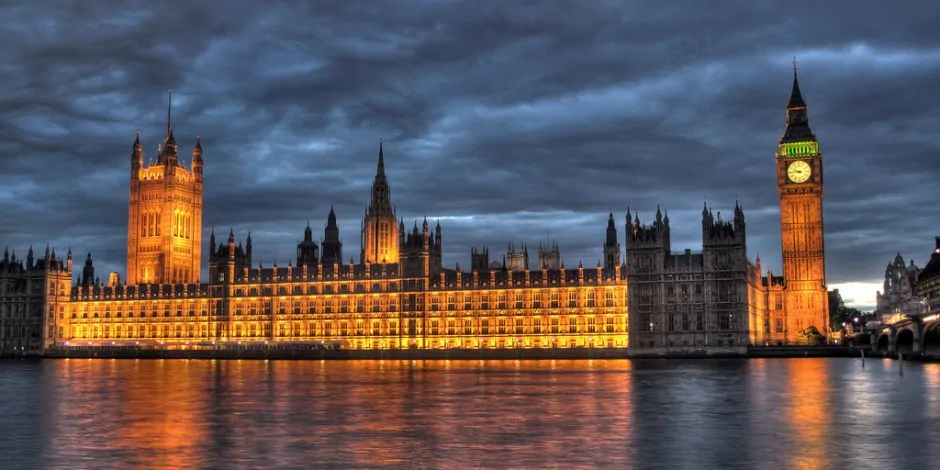
Mini-Budget 2022: Key takeaways that could affect your business
24 Dec 2022The 2022 Mini-Budget, delivered by the Chancellor on 23rd September, has provided a clear view of the new Government’s strategy of ‘going for growth’. With tax cuts and other incentives for business, it demonstrates how the Government plans to boost the economy. Here we look at the key takeaways that could affect business owners.
Corporation Tax
The Chancellor has scrapped the proposed rise in Corporation Tax in the new mini-budget from 19 percent to 25 percent, which would have been effective from 1st April 2023.
This change will not affect small companies with profits less than £50,000 as they were not included in the proposed rise.
For larger businesses or growing businesses, the change would have had a significant effect on profits after tax.
Businesses with a turnover above £250,000 would have paid an increased rate of 25 percent Corporation Tax, while those with turnover between £50,000 and £250,000 would have paid the 25 percent rate, but could have claimed marginal rate relief, which would have resulted in a Corporation Tax rate between 19 and 25 percent.
Related: 11 ways to reduce corporation tax
National Insurance
While the Corporation Tax rise was scheduled for April 2023, a rise in National Insurance contributions for employees and employers was already in place. This rise has now been reversed.
On 6th April 2022, the employer’s contribution was raised from 13.8 percent to 15.05 percent.
The employee’s contribution rose from 12 percent to 13.25 percent.
Both increases in contributions have been cancelled and rates will return to their previous level from 6th November 2022.
For businesses, this represents an opportunity to avoid a continuing increase in their labour costs.
Capital allowances
The Annual Investment Allowance for qualifying plant and machinery will remain at £1,000,000 and will not reduce to the proposed level of £250,000.
Seed investment
The Seed Enterprise Investment Scheme (SEIS), which benefits new and growing companies has changed with effect from April 2023.
Companies with gross assets of £350,000 will now be able to raise £250,000 under the scheme, increased from £150,000. The age limit for qualifying companies has also increased - from two to three years.
Investment zones
Investment zones represent an opportunity for accelerating business growth through lower tax rates and a reduction in regulations. Among the proposed benefits are zero business rates for companies occupying new premises, enhanced capital allowances, zero rate of employer’s National Insurance contributions for employees earning less than £50,270 and 100 percent Stamp Duty relief on business premises.
The government has not published details at this stage, but has only announced that 40 new investment zones will be created around different regions of the UK.
Dividend tax rates
In April 2022, the Government had increased the tax rate on dividends by 1.25 percent, increasing the tax burden for company directors who take dividends as part of their remuneration.
This rise has also been cancelled and the rates will revert to their previous level of 7.5 percent for basic rate taxpayers and 32.5 percent for higher rate taxpayers.
Related: A guide to limited company dividends
Share option schemes
Share option schemes play an important role in incentivising employees and directors.
The schemes will now be more attractive as the Government has increased the limit on the value of Company Share Option Plans from £30,000 to £60,000.
.jpg)
IR35
IR35 rules, which put the burden of responsibility on employers for determining a contractor’s employment status for tax, will be repealed from 6th April 2023.
Contractors in the public and private sectors will then be responsible for agreeing on their tax status with HMRC.
Energy costs
Prior to the 2022 Mini-Budget, the Government announced the Energy Bill Relief Scheme, which aims to halve the cost of business energy bills.
Sector-specific measures
In the mini-budget the Chancellor announced current and future measures for the hospitality sector, freezing alcohol duty for a year and outlining plans to reform alcohol duties.
Personal Income Tax
As part of measures to incentivise work and enterprise, the Chancellor announced cuts in the basic rate of Income Tax to 19 percent from April 2023, in addition to the reversal of increases in employee National Insurance contributions.
Professional advice
If you would like to discuss how these measures are likely to affect your business, our team of small business accountants and tax specialists can provide expert advice.
To find out more or to arrange a discussion, please contact us on 0207 043 4000 or info@accountsandlegal.co.uk. You can also get a no-obligation, online accounting quote here.






















